It’s 2025 in Kyiv, Ukraine, and Edward Matthews has just returned to his flat after spending the day photographing the aftermath of another wave of Russian attacks on the city. Three years ago, that sentence would have sounded like an extract from a book of fiction to Edward, but life is stranger than art. This is the true story of how the life of a young man from England was changed in a single day, and how he found his own destiny.
24 February 2022, 3 am
In the early hours of February 24th 2022, Edward Matthews, LRPS, was at home in the North of England. Having finished his shift as the in-house photographer at a local nightclub, he was winding down whilst editing the evening’s images. On his desk, two monitors flickered. The first displayed his editing workflow and, the second, his Facebook newsfeed, updating in real-time.
Around 3:00 am, Edward saw the first images of Russian tanks rolling into Ukraine, while ballistic missiles struck their targets. At that moment, his life changed, forever.
Three years later
When I caught up with Edward, just over three years later, he was living in a rented flat in central Kyiv. “I’ve just bought a coffee machine”, he joyously declared, pointing to a corner of the kitchen, “it’ll save me a fortune”. I asked him about life in Kyiv. He replied: “We’ve had the first 24 hours with no drone attacks, so it was quite refreshing” he laughed.
Three years earlier, he had been a young man stuck in a routine, holding down a steady job, but with no clear direction for the future. Now, despite the danger inherent in a war zone, he has purpose and belongs to a community that values his capabilities. I think that Edward is exactly where he is meant to be.
The birth of a photographer
When Edward was in his early teens, he wandered around the streets of his home city, armed with an Apple iPod Touch, taking photos of whatever caught his eye. Leaving secondary education part way through his studies, he took an apprenticeship, whilst continuing to hone his photographic skills.
His portfolio won him a place at a university to study photography, but he left during the second year; a pattern he repeated at another university shortly thereafter. As Edward commented, “I’ve done three years at university, but never finished a degree!”, a statement that was delivered with a hearty laugh.
Although academia didn’t suit Edward, his photographic talent landed him a job as resident photographer in a local nightclub, taking pictures of the partygoers and musical celebrities.
A twist of fate
In one of those unexpected twists of fate, torrential rainfall caused the rivers around Edward’s home city of York to flood. He initially responded by using his photography to document the event. But, soon after, he volunteered with the York Rescue Boat. This marked the beginning of a six-year commitment to public service through his work with the lifeboat team.
The team’s work extended beyond flood rescue. They patrolled riverbanks, helping those who were intoxicated, had mental health problems, were victims of domestic abuse, and those contemplating suicide. One night, after completing his nightclub shift, he was called out by the team to search for a person who had fallen into the water. The body of a young man was later recovered, the same young man whom Edward had photographed at the club two days earlier.
Take a moment to reflect upon that. A young man, in his early twenties, having “failed” academically, feeling stuck in his job and now confronted by the stark reality of life and death, up close and personal. I believe that set the stage for what was to come next.
Going to war
When Russia invaded Ukraine, Edward’s initial reaction was to join the Ukrainian forces. However, he had no combat training. And having injured his back at the age of 17 he was disqualified for military service. Instead, he turned to his camera as his weapon of choice. He would shoot with his camera, not with a gun.
Within days, he made his first trip to the Poland–Ukraine border. He quickly became immersed in volunteer work — distributing aid and supporting refugee efforts. His original plan had been to act as a roaming photojournalist, capturing images and then moving on. But that changed when he realised he couldn’t simply take photos and walk away — he felt an emotional commitment to stay and help.
At the age of 24, Edward was in Ukraine and, rather than donating money, “Because I didn’t have any to give”, he donated something of even greater value: his photographs and videos.
His imagery enabled charities to build better websites, improve their social media presence and deliver more impactful presentations. One such charity, thanks to Edward’s work, saw a dramatic increase in contributions in a single event.
FireAid
In 2022, Edward began documenting the use of British fire appliances in Ukraine. His work caught the attention of FireAid — a UK charity supplying equipment and training to firefighters worldwide — who approached him for permission to use his photos of their fire engines.
When Edward learned of their plan to deliver firefighting equipment to Ukraine, he immediately got involved. Six months later, with the support of a modest grant secured by FireAid, he produced a short film titled “In the Line of Fire”.
Edward’s film was screened before key UK Government departments, including the Home Office, Cabinet Office, Border Force and London Fire Brigade. During the presentation, Edward held up a fragment from a Shahed drone that had killed three Ukrainian firefighters, a chilling testament to the ongoing threat.
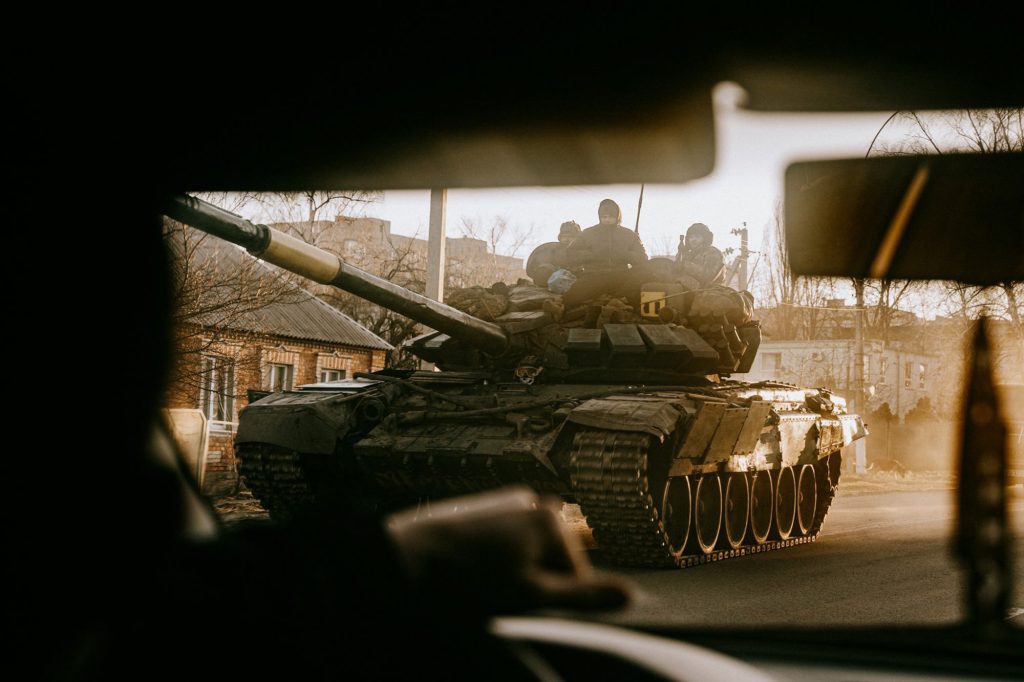
As a result of that film, the UK Government committed to sending to Ukraine, a convoy of 32 fire trucks and 15,000 other pieces of equipment, the largest British firefighting aid package ever sent abroad. It will no doubt be an inspiring sight as the convoy moves across Europe, flying the Union Jack on each vehicle.
The move demonstrates the UK’s unwavering support of Ukraine. It is also, to be hoped, a source of inspiration for other countries to deliver similar levels of assistance to Ukraine.
Supporting the Firefighters
Firefighting is dangerous in any country, but in Ukraine it is far more so. The Russian forces deploy waves of Iranian-made Shahed drones in a “double-tap” configuration. The first wave (first “tap”) targets buildings, whilst the second wave (the “double” tap) aims to kill the emergency responders, such as firefighters, at the scene.
One of the lead firefighters, featured in Edward’s film, lost his wife in such an attack. After eleven months of suffering, she succumbed to her injuries and passed away. Her husband continues to serve as a firefighter.
The psychological toll on Ukrainian firefighters is brutal, and every firefighter that succumbs to trauma diminishes the entire service. To counteract and reduce such incidences, Edward’s recent focus has been directed towards supporting the establishment of counselling services for firefighters in Ukraine, modelled upon a proven service operated in the UK.
This requires special training of psychologists so they are appropriately prepared to assist Ukranian firefighters cope with the relentless mental pressure.
Edward has been attending “as many drone and ballistic attack sites as I can”, so that he can properly document the work and help in the training. He recounted attending one site where a man and his five-year-old daughter had been killed. “It was horrific” he stated, “but I need to be able to document these situations to make the training [for the psychologists] as effective as it can be”.
Life has changed
Edward’s work reminds me of the Leica Freedom Train. Both Edward and Ernst Leitz II, (the head of the Leica Camera company during the 1930s) made a deliberate choice to prioritise the welfare of others over their own safety. Perhaps, it is therefore no surprise then, when in conversation with Edward, he told me the one camera he would really like to own is the Leica Q3!
Edward’s photographic work has been recognised through numerous awards:
- British Photography Awards Associate 2024
- WEX Human Impact Awards Winner 2024
- Portrait Of Humanity Vol.6 Shortlist & Winner 2024
- Amateur Photography Magazine Emerging Talent Runner-Up 2024
Edward is unwavering in his commitment to Ukraine, “This is war. This is people dying. If I stop doing what I’m doing, people won’t get the same level of support”. It is entirely clear that Edward has no intention of letting that happen.
He has been appointed project manager of “Brave Minds”, FireAid’s long-term mental-health support initiative supporting Ukrainian firefighters. He would like to stay in Ukraine for the foreseeable future. Most recently (April 2025) Edward has set up a new website for the BraveMinds work in Ukraine (link below).
Reflections
Towards the end of our conversation, I asked Edward how he’d changed since coming to Ukraine. He told me that when he first experienced incoming artillery shells, his reaction was to laugh. He laughed at the impossible craziness of the situation into which he had placed himself. Edward doesn’t laugh at those situations any more.
During his time in Ukraine, he has been in situations in which everything is fine until, moments later, there are dead people around him. He has learned we cannot take anything for granted. It is important to live every day as well as you can. To do what you can to grow good relationships with those who matter to you.
Edward talked about the loneliness of his experience. “Not many people in Britain experience what I have seen. It makes it difficult to share and talk about my life”.
Edward is, unsurprisingly, a changed person: more mature, more worldly-wise and with greater emotional depth. He is also now an internationally recognised photographer, whose photos and videos have had an enormous impact on the well-being of the firefighters in Ukraine.
Oh, and that “failed” University course? The one where the tutor told him he’d never succeed as a photographer? Well, Edward has since returned as a “Guest Lecturer” on the same course. It seems that “real world” photographic experience has value in teaching student photographers, even if the lecturer himself doesn’t have a degree.
Postscript
This article has been some while in the making — it turns out that while researching a photographer living in an active war zone, one can encounter a few delays — who would have thought (!). I was born into that ‘Goldilocks’ time-zone, after the end of WWII and before whatever comes next in this unstable world.
I’ve met people who were posted to Afghanistan on tours of duty but, thankfully, never experienced the shell shock of losing any of them in war. Although I track world events through the news, war has been something I understood one step removed from my daily reality.
Talking with Edward has removed that distance and helped me to feel the war in Ukraine at a much more visceral level. I now know an individual person living in a place where bombs are a daily occurrence and where being alive tomorrow is not something to be taken for granted. Writing this article has been an enlightening and humbling experience. Edward is a person that I have been honoured to meet.
You can find more about Edward here:
Make a donation to help with our running costs
Did you know that Macfilos is run by five photography enthusiasts based in the UK, USA and Europe? We cover all the substantial costs of running the site, and we do not carry advertising because it spoils readers’ enjoyment. Any amount, however small, will be appreciated, and we will write to acknowledge your generosity.

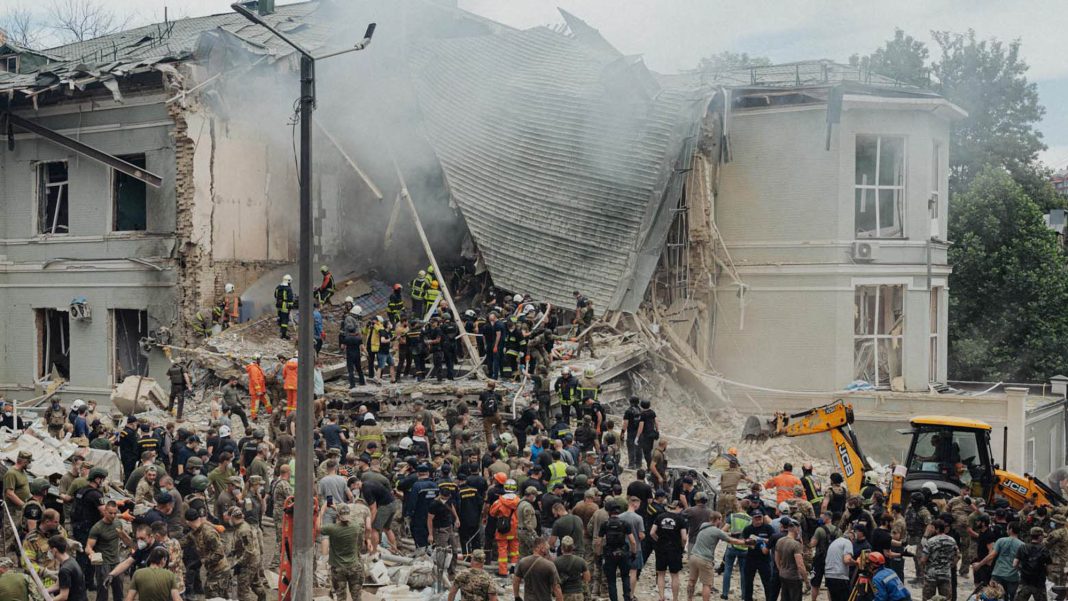
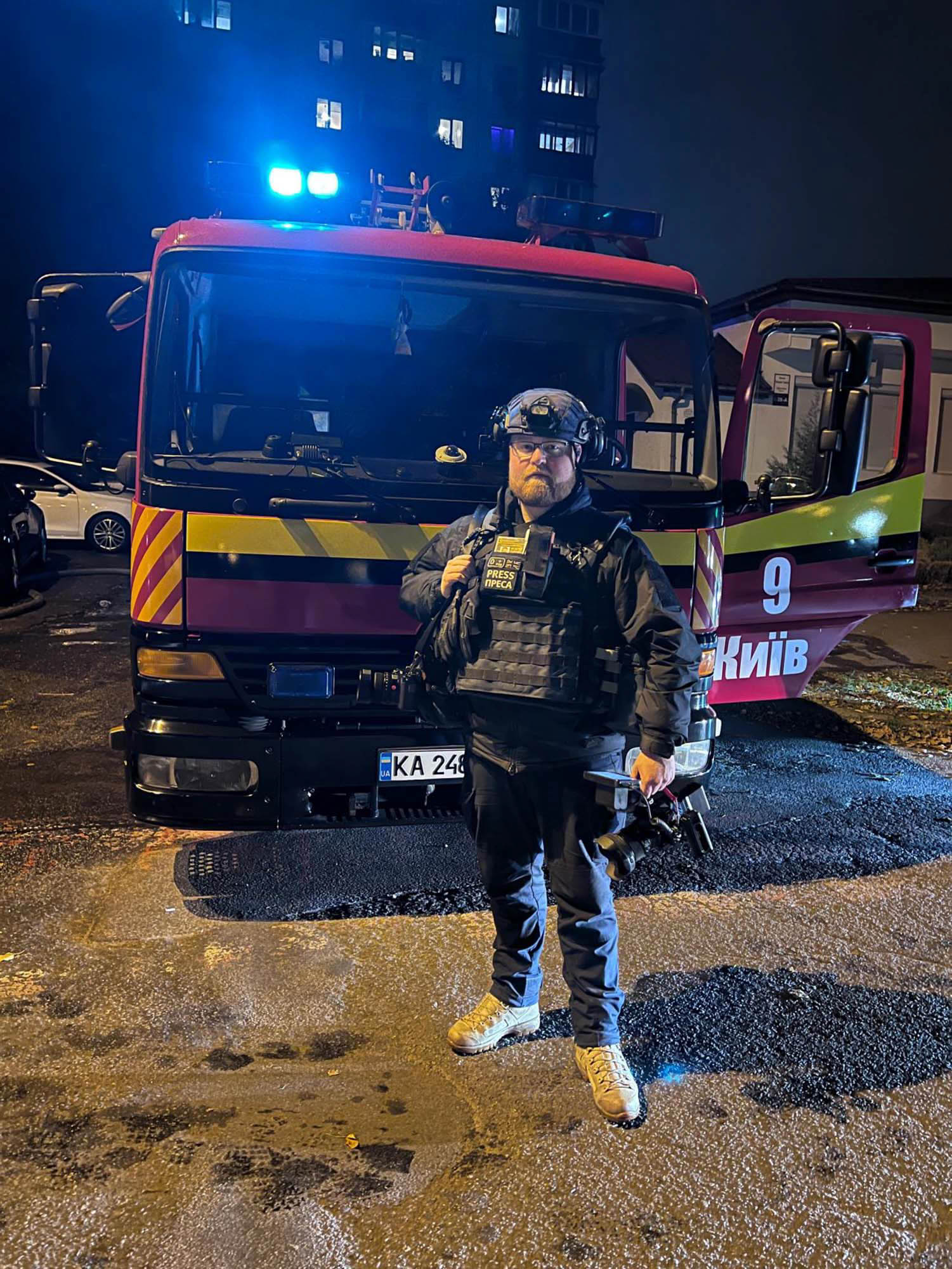
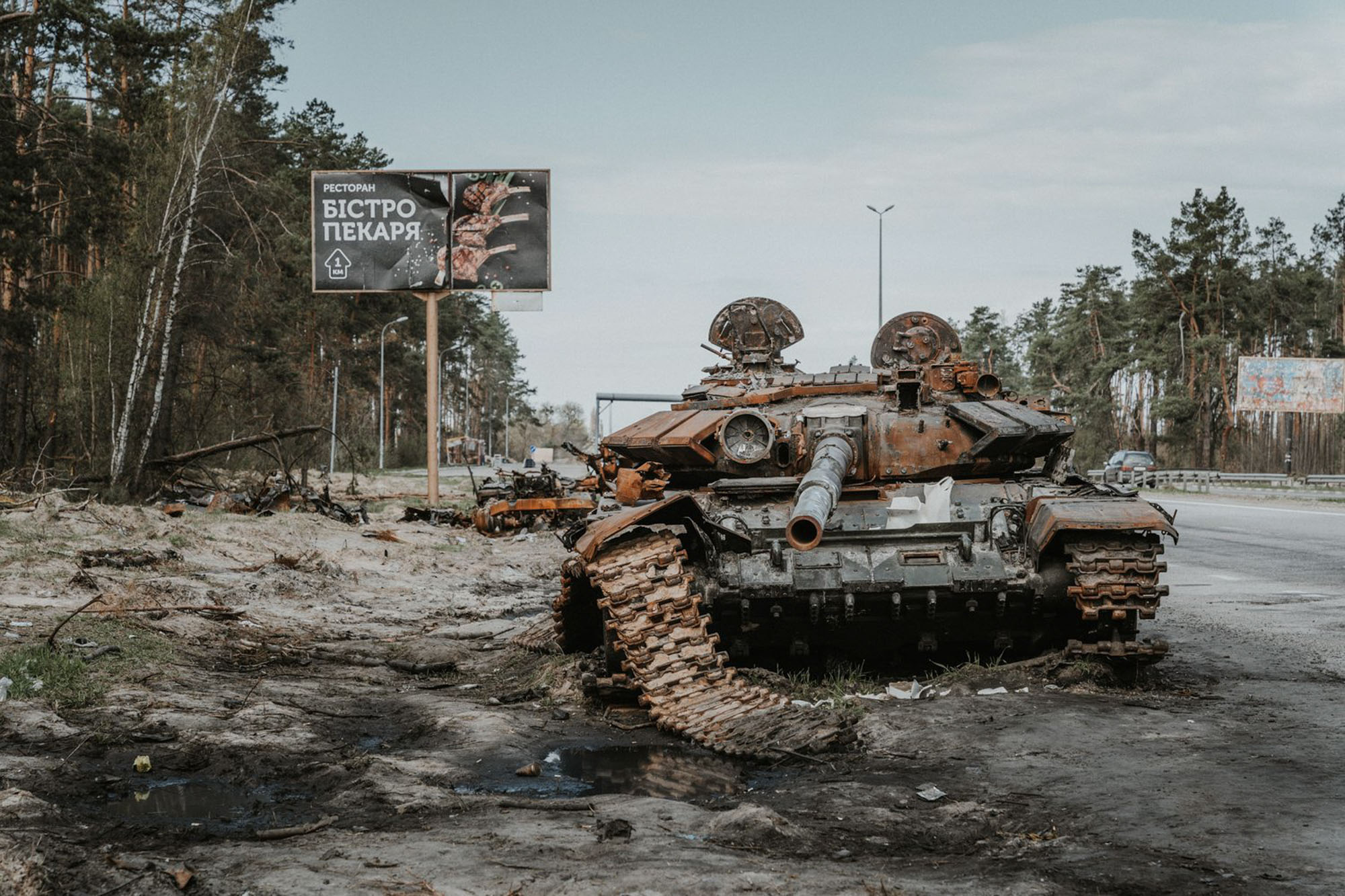
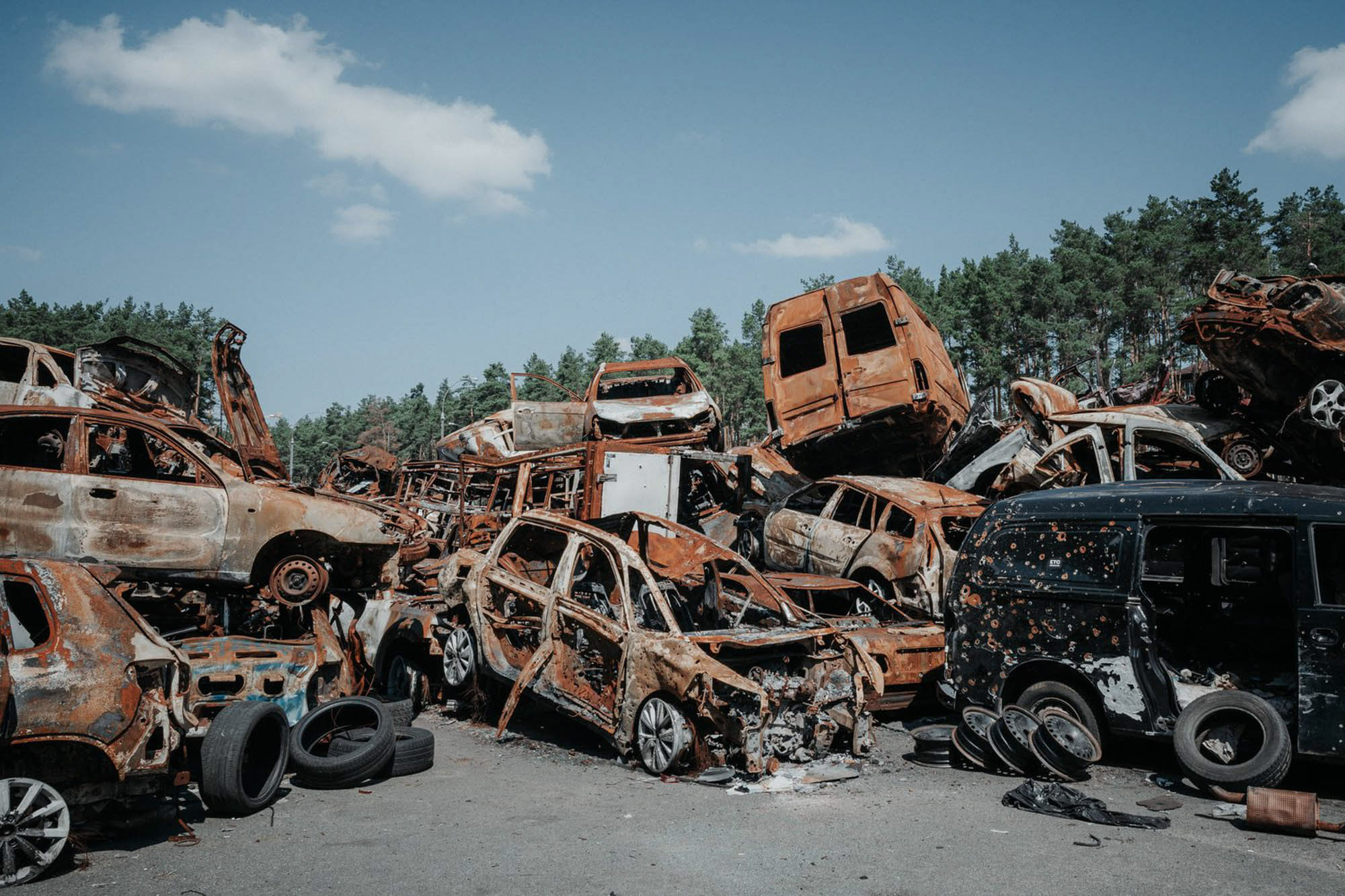
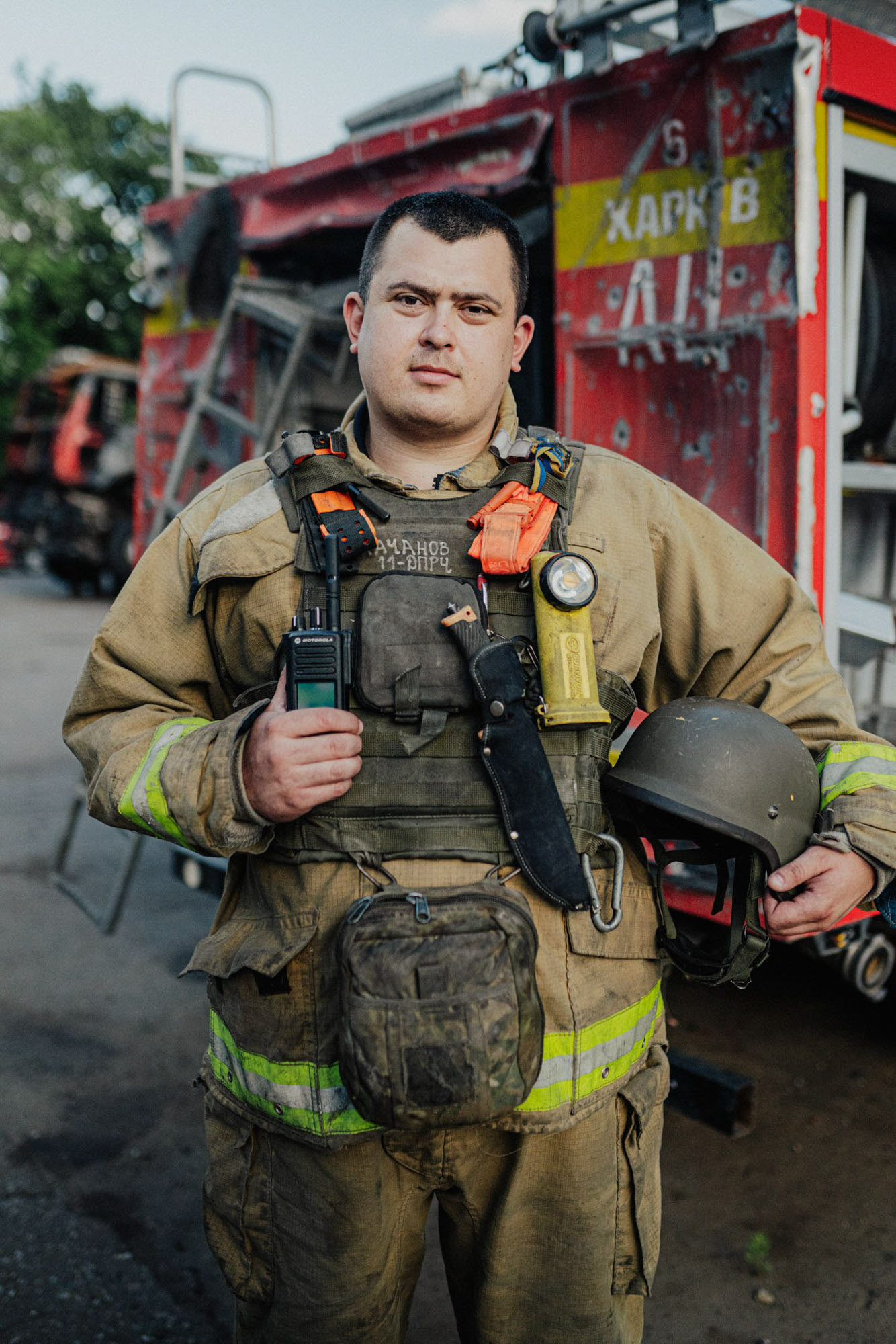
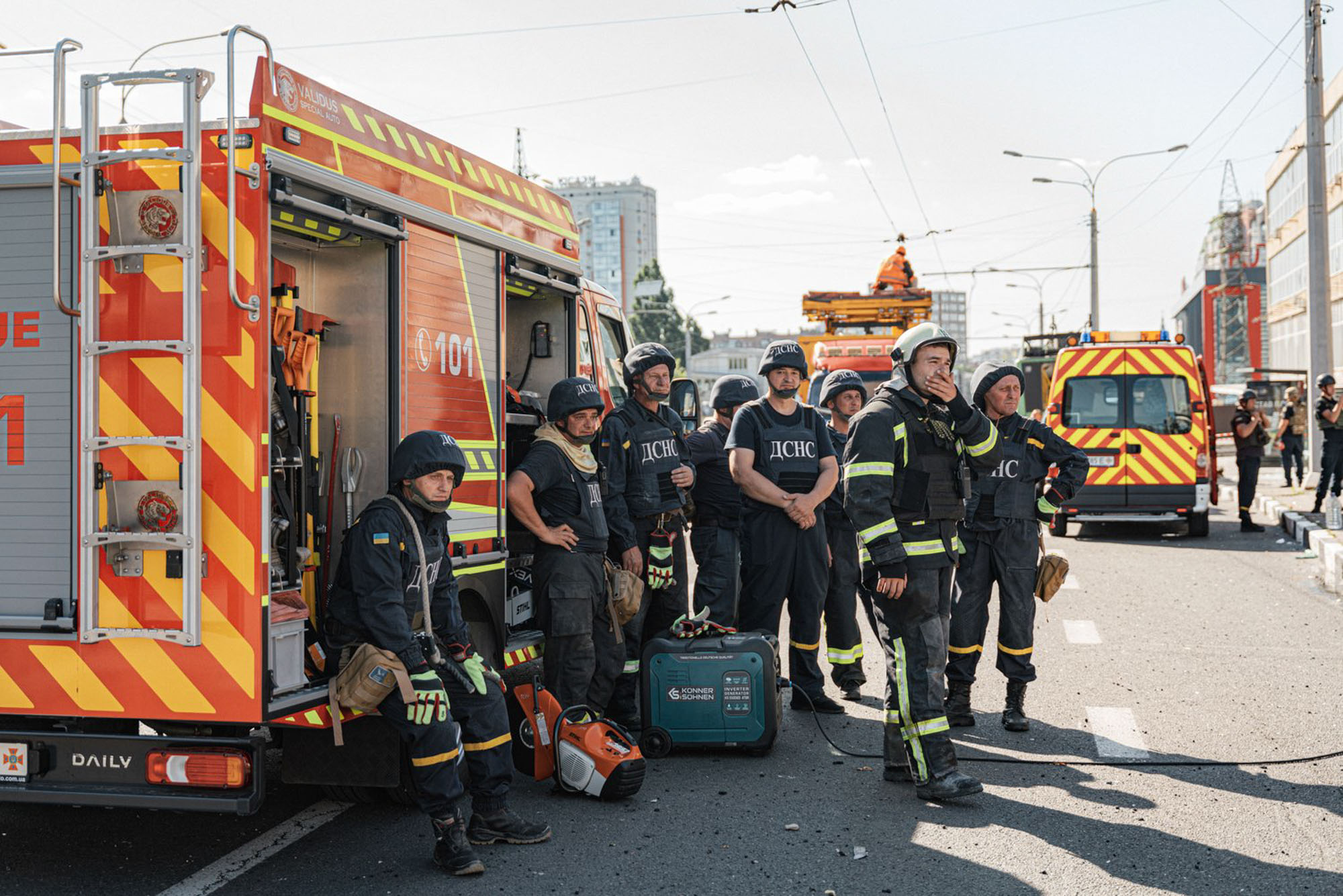
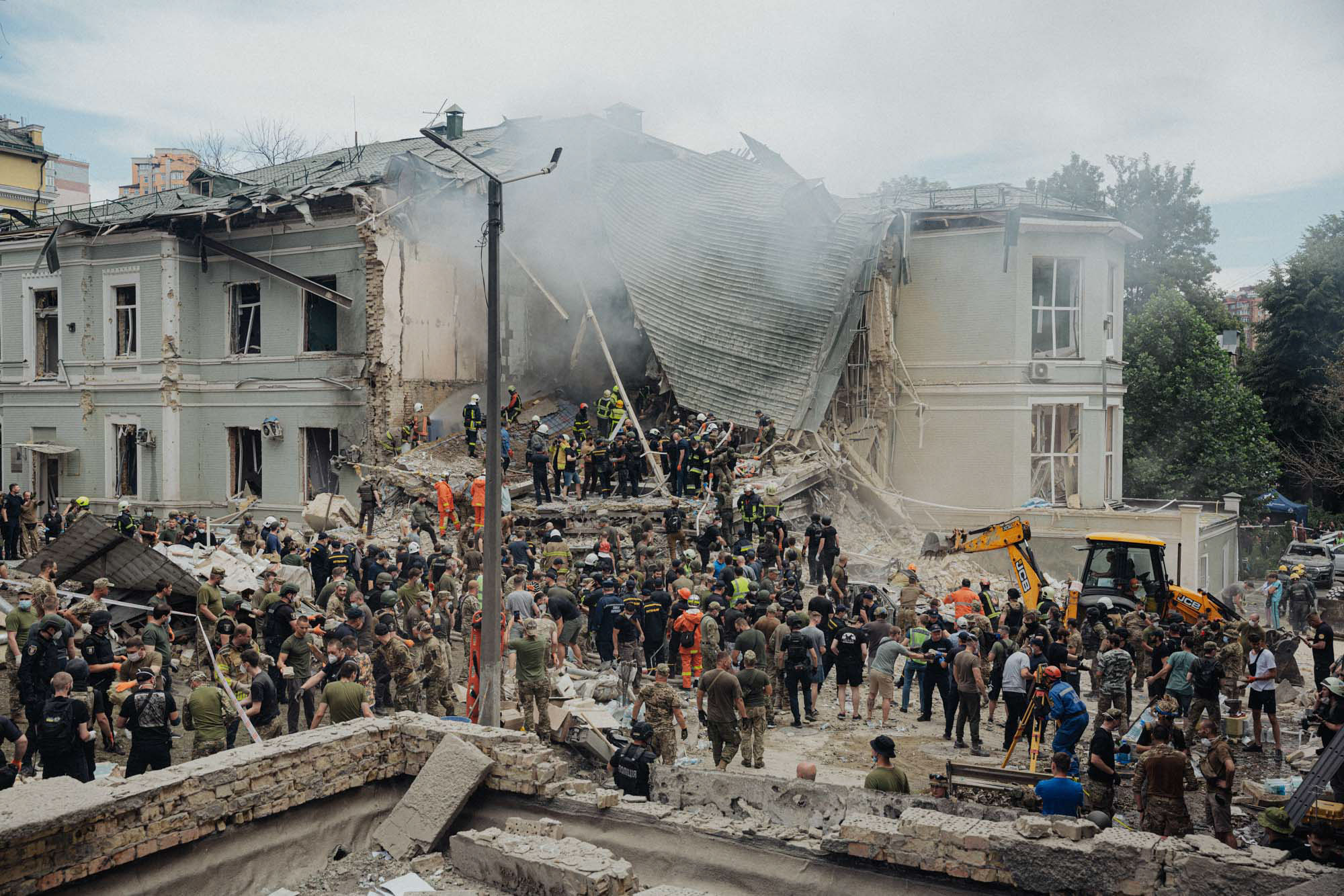
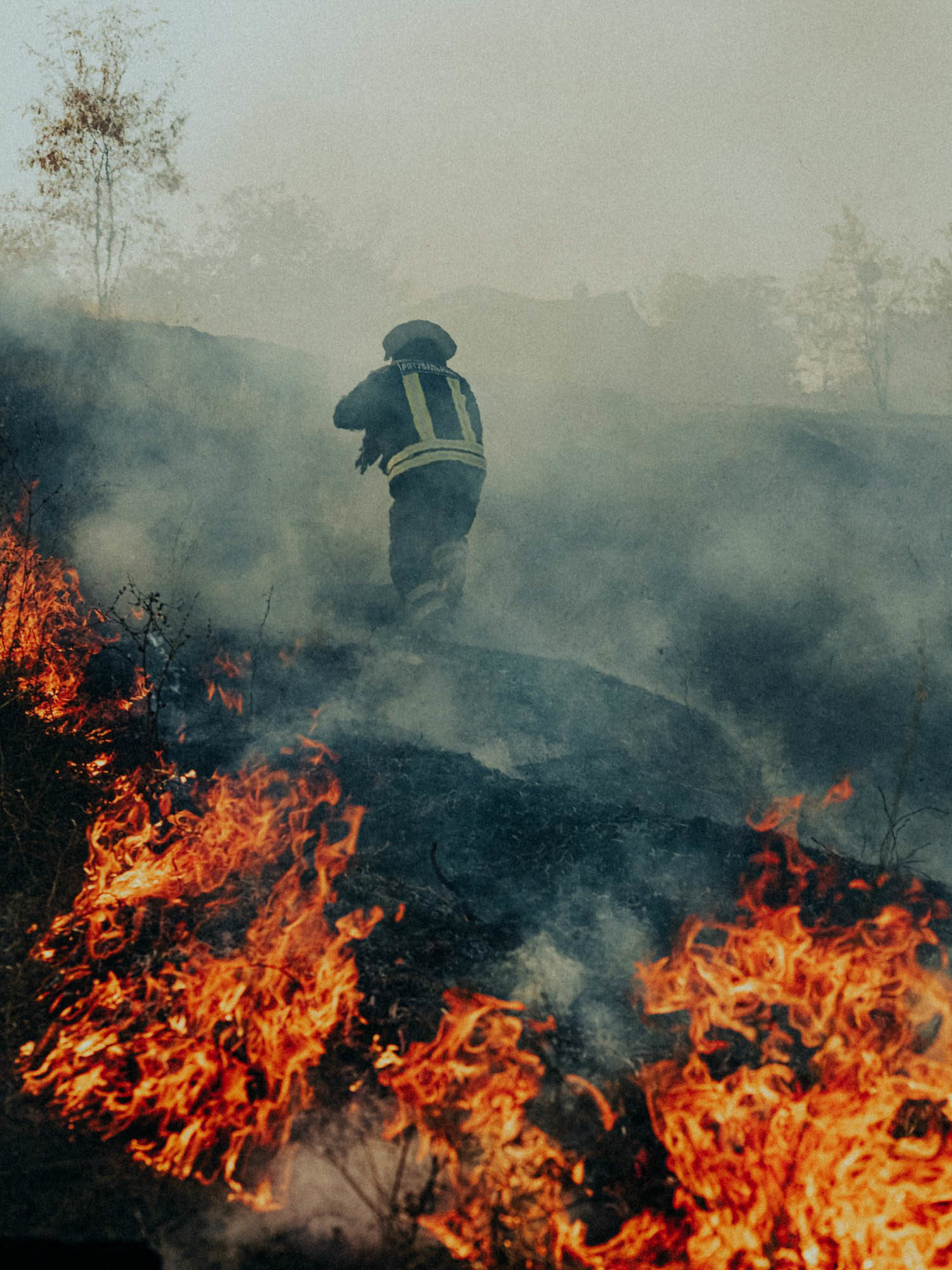
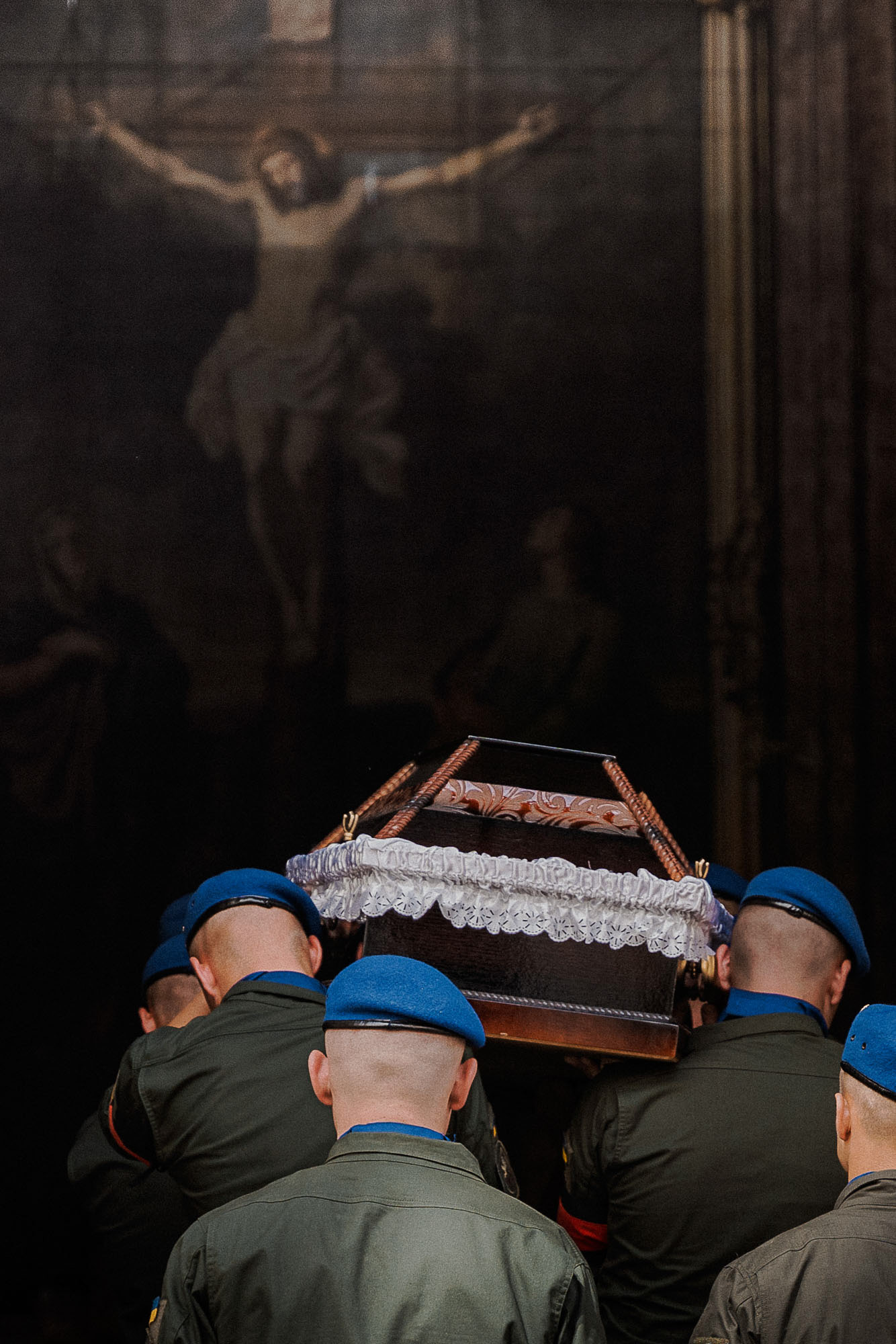
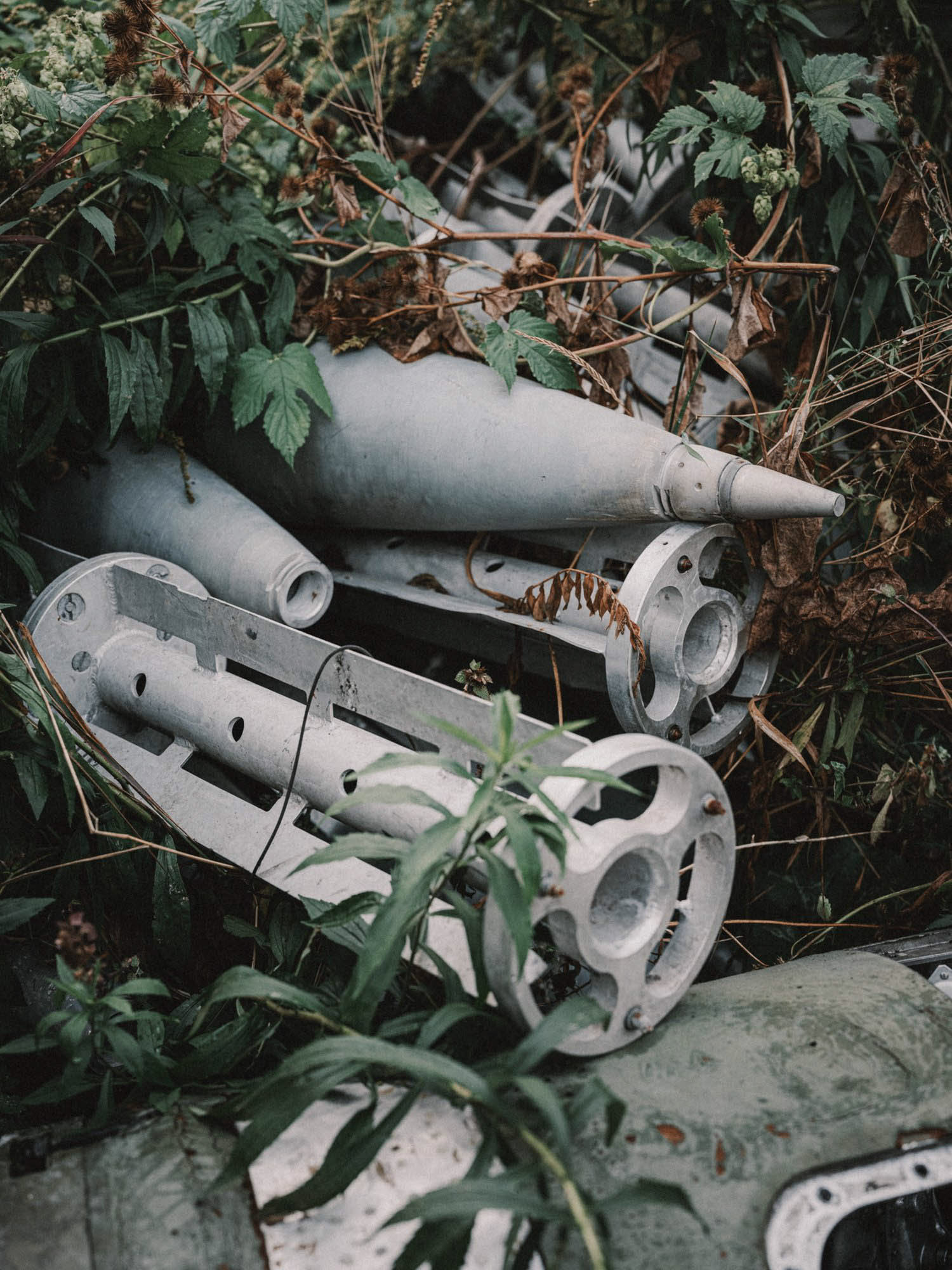
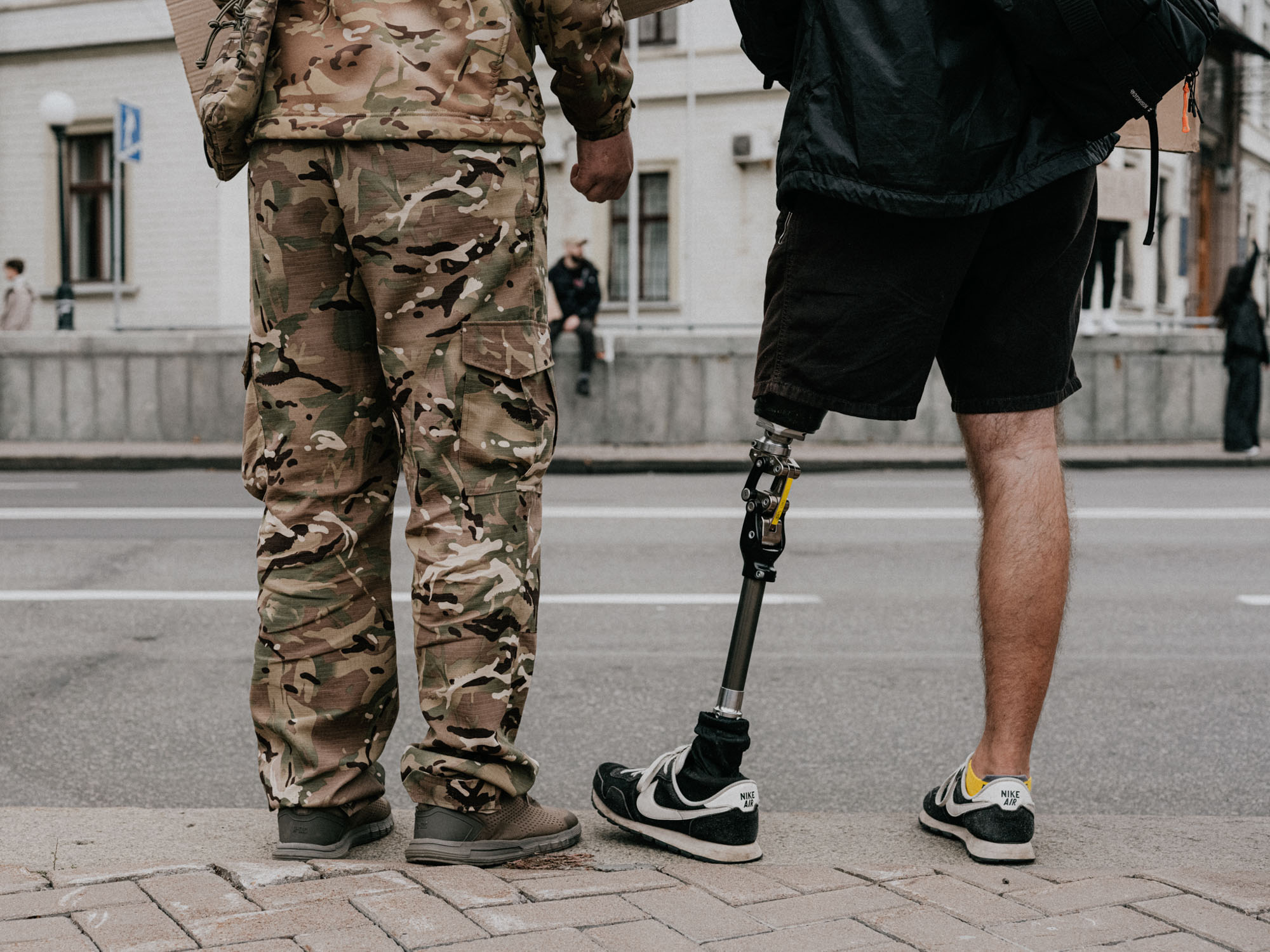
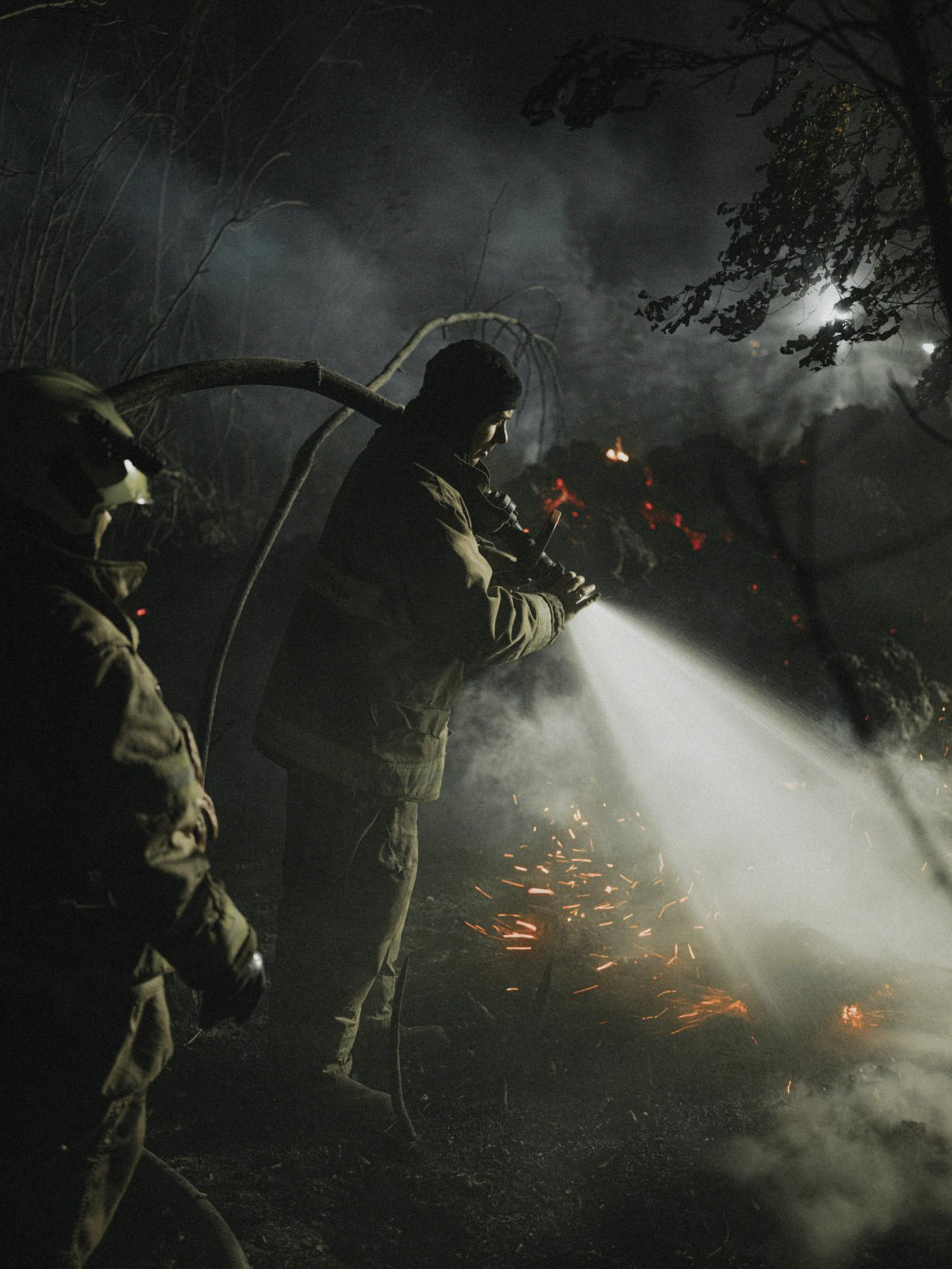
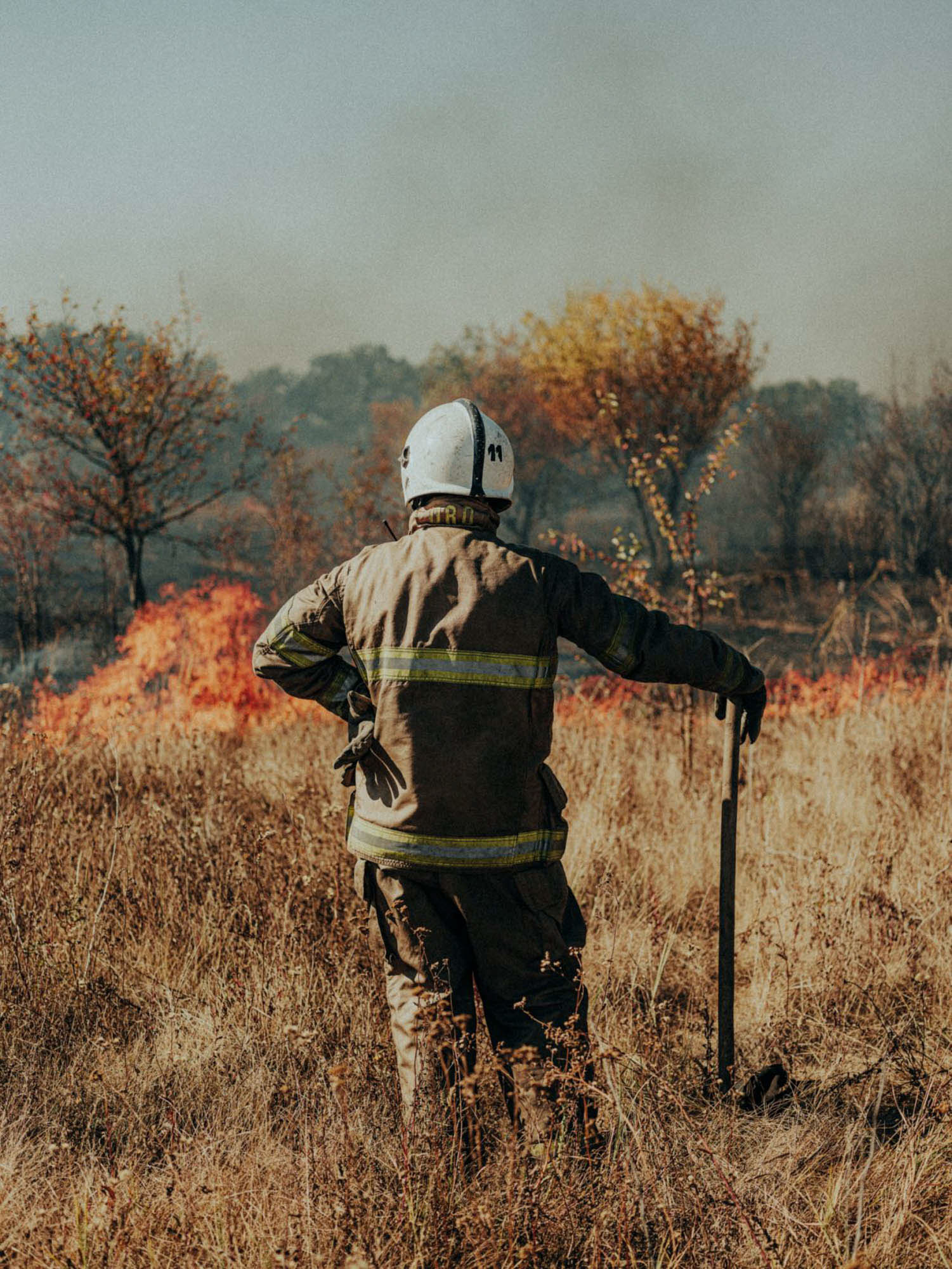
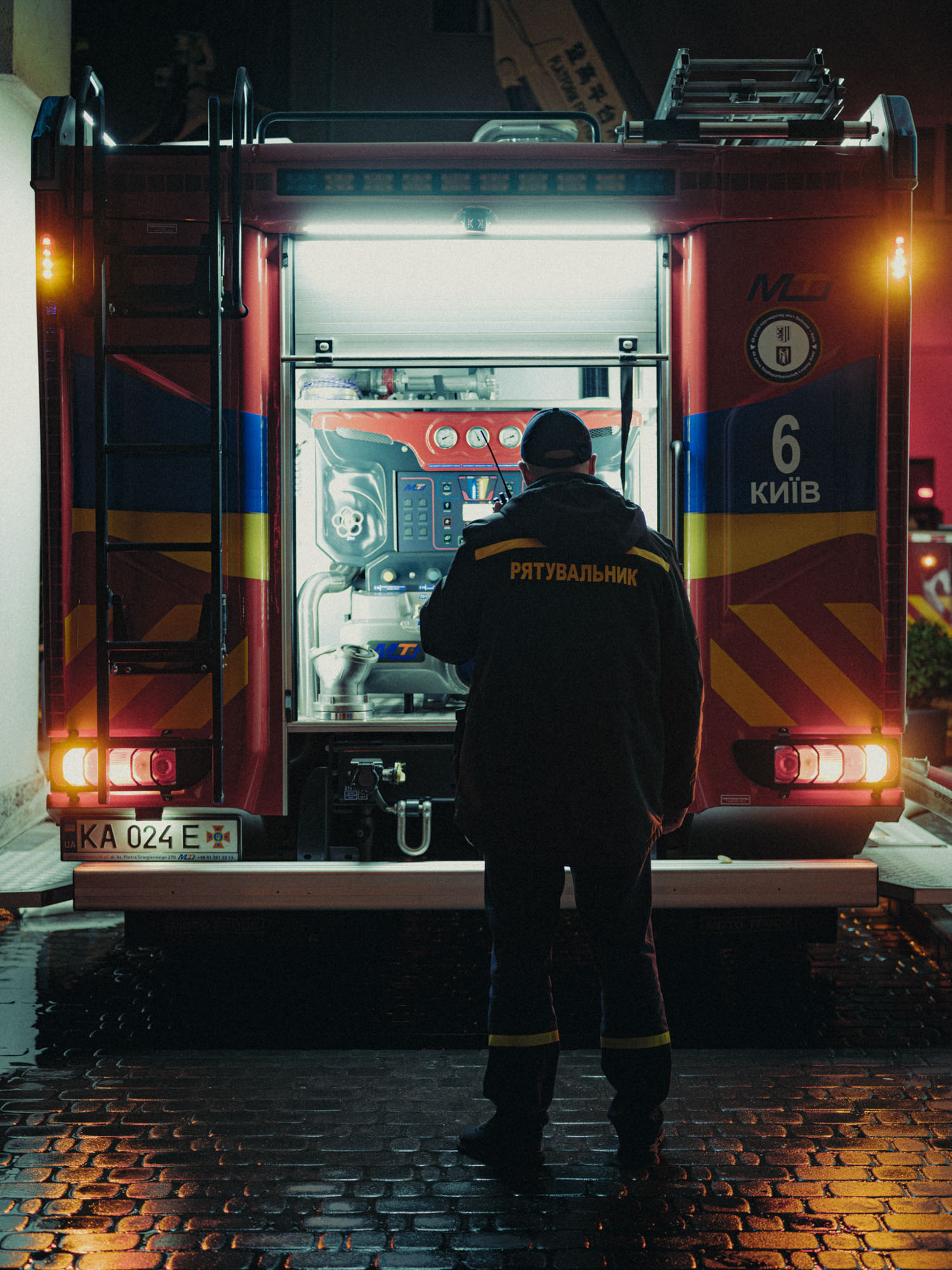
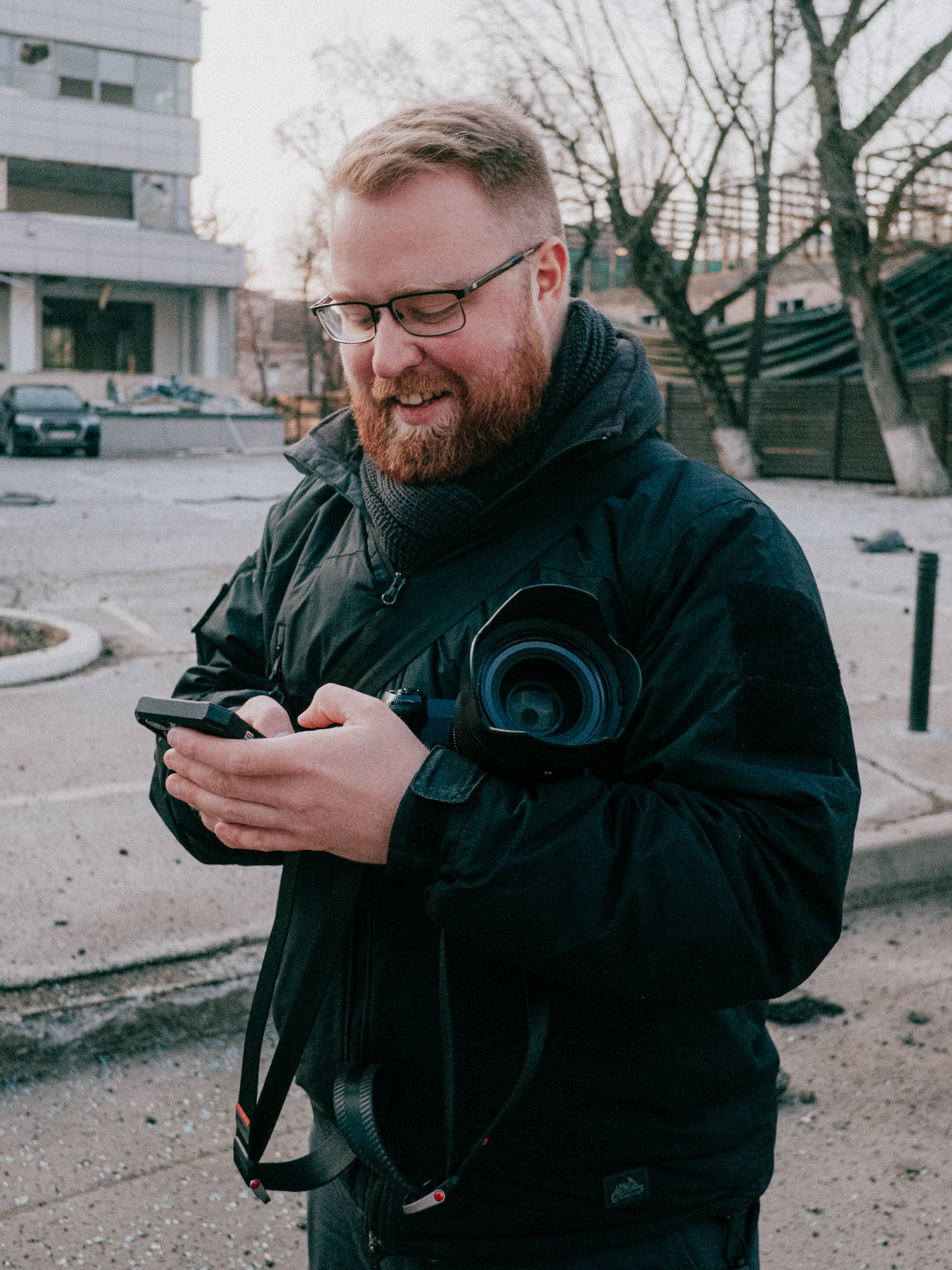
It’s a beautiful article, thank you Andrew.
Andrew, thank you for featuring me. It’s been a pleasure to meet you.
I look forward to a day when we can have a beer together and celebrate Ukraine’s victory over Russia. Stay Safe.
Thank you for this Andrew.